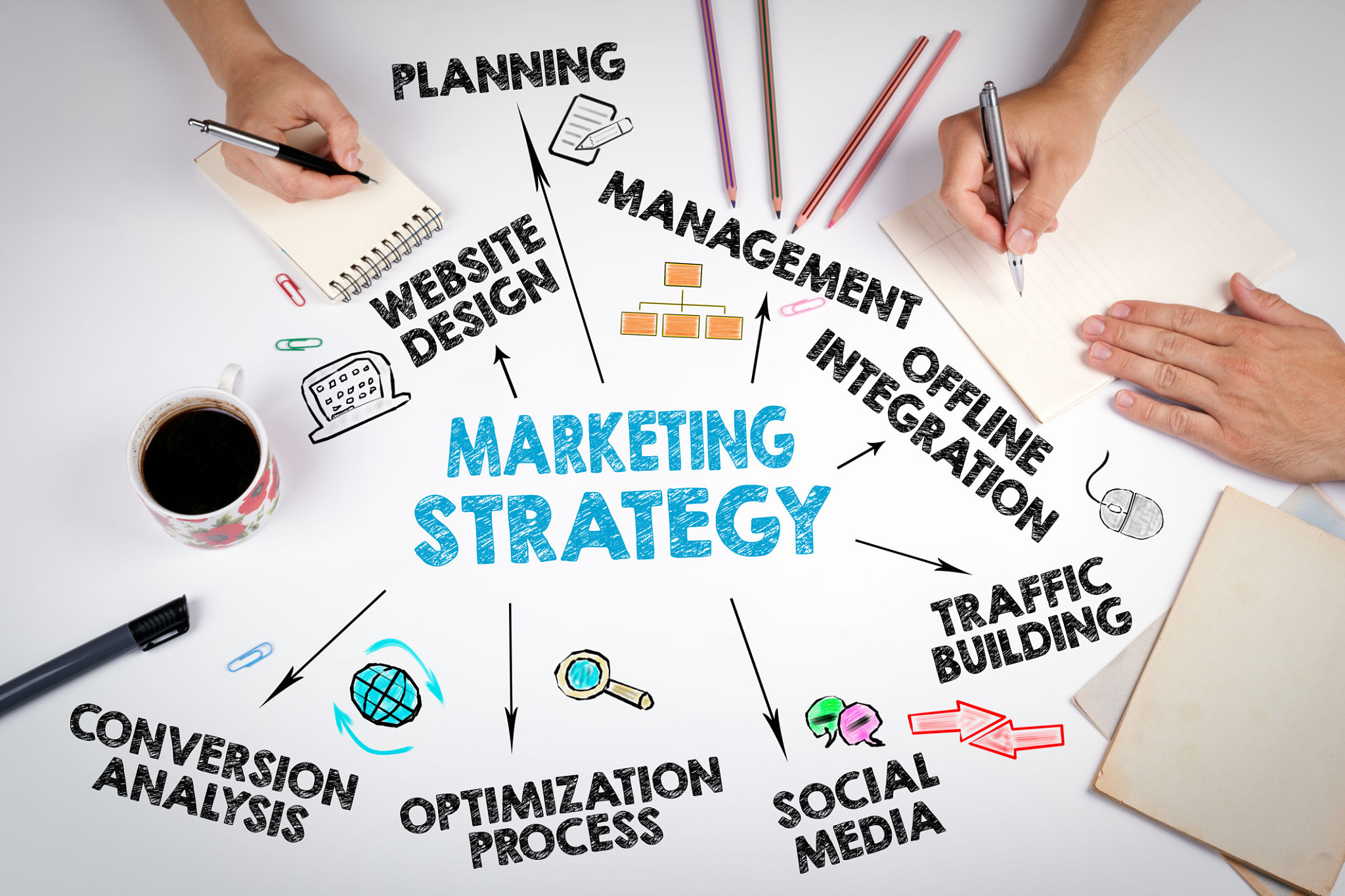Comparing In-House vs. Outsourced Marketing: What’s Best for Your Business?
Understanding In-House Marketing
In-house marketing refers to a strategy where all marketing efforts are handled within the company. This means that the business employs its own team to carry out various marketing activities. The primary advantage of this approach is the level of control it offers. Businesses can maintain a consistent brand voice and ensure that their strategies align closely with their overall objectives.
Another benefit of in-house marketing is the deep understanding of the company culture and products. An internal team is immersed in the company’s values, which can lead to more authentic and cohesive marketing messages. Additionally, having a dedicated team can often facilitate quicker decision-making processes.

Exploring Outsourced Marketing
Outsourced marketing involves hiring an external agency or consultants to manage a company's marketing efforts. This approach can provide access to a wide range of expertise and creativity that may not be available internally. Outsourcing allows businesses to leverage the specialized skills of professionals who are up-to-date with the latest trends and technologies.
One of the significant advantages of outsourcing is cost-effectiveness. By outsourcing, companies can save on overhead costs associated with hiring full-time employees, such as salaries and benefits. Moreover, it can offer flexibility, allowing businesses to scale their marketing efforts up or down based on their current needs.

Key Differences Between In-House and Outsourced Marketing
When comparing in-house and outsourced marketing, several key differences emerge. Firstly, in-house teams provide greater control and immediate communication, while outsourced teams bring diverse expertise and innovative perspectives. Another difference is cost structure; in-house teams can be more expensive due to employee-related expenses, whereas outsourced services can be tailored to fit specific budgets.
Additionally, the speed of implementation can vary. In-house teams might have quicker access to internal resources, but outsourced teams often have established processes that streamline execution. Choosing between the two depends on a company’s priorities and resources.

Pros and Cons of In-House Marketing
Pros:
- Better alignment with company values and goals
- Immediate access to internal resources
- Consistent brand messaging
Cons:
- Higher costs due to salaries and benefits
- Limited exposure to new ideas
- Potential for resource constraints during peak times
Pros and Cons of Outsourced Marketing
Pros:
- Access to a broader range of expertise
- Cost-effective solutions
- Flexibility in scaling efforts
Cons:
- Less control over daily operations
- Potential for communication challenges
- May take time to align with company culture
Which Approach is Best for Your Business?
The decision between in-house and outsourced marketing largely depends on your business's specific needs and resources. If maintaining control over your brand message is paramount, and you have the budget for a full-time team, in-house marketing may be ideal. However, if you’re looking for cost-effective solutions with access to diverse skills, outsourcing could be the better option.
Consider conducting a thorough analysis of your current marketing needs, budget constraints, and long-term goals. Weighing these factors will help you determine which model better aligns with your business strategy.

Making an Informed Decision
Ultimately, both in-house and outsourced marketing have their unique advantages and challenges. Some companies even adopt a hybrid approach, combining elements of both strategies to maximize benefits. The key is understanding what your business values most in its marketing efforts and choosing the path that aligns with those priorities.
As market dynamics continue to evolve, regularly reassessing your marketing strategy will ensure that you remain competitive and effective in reaching your target audience.
